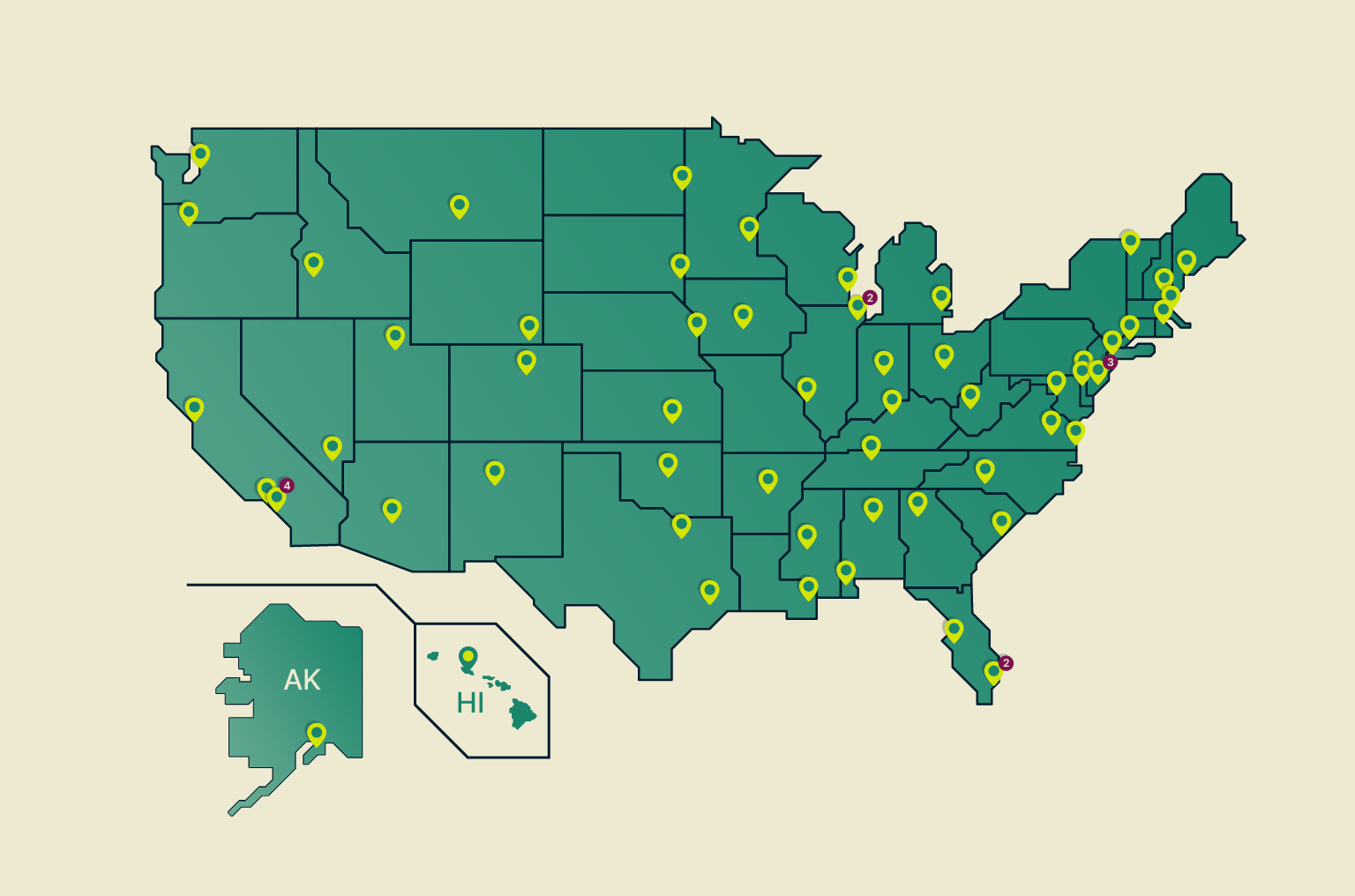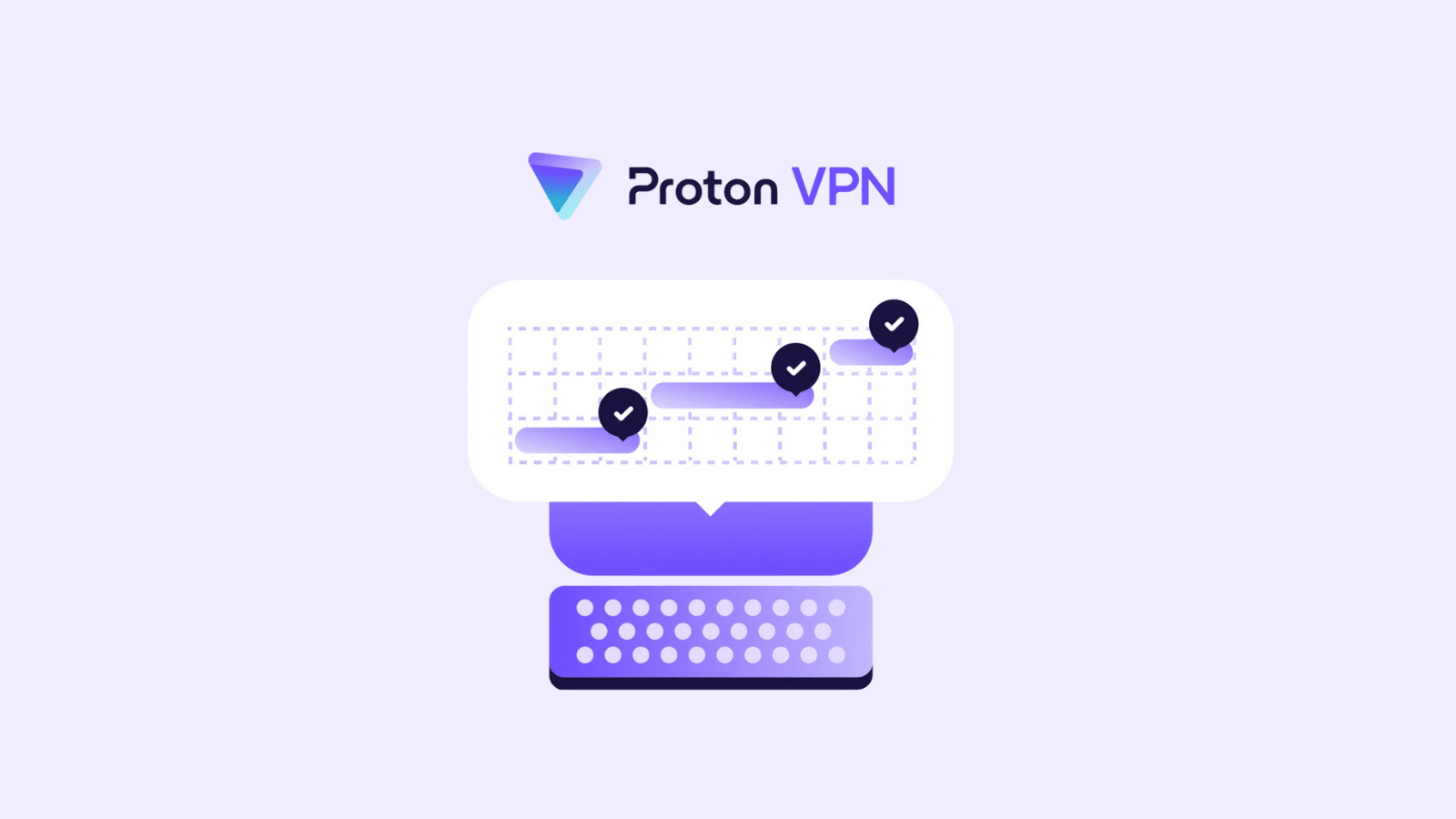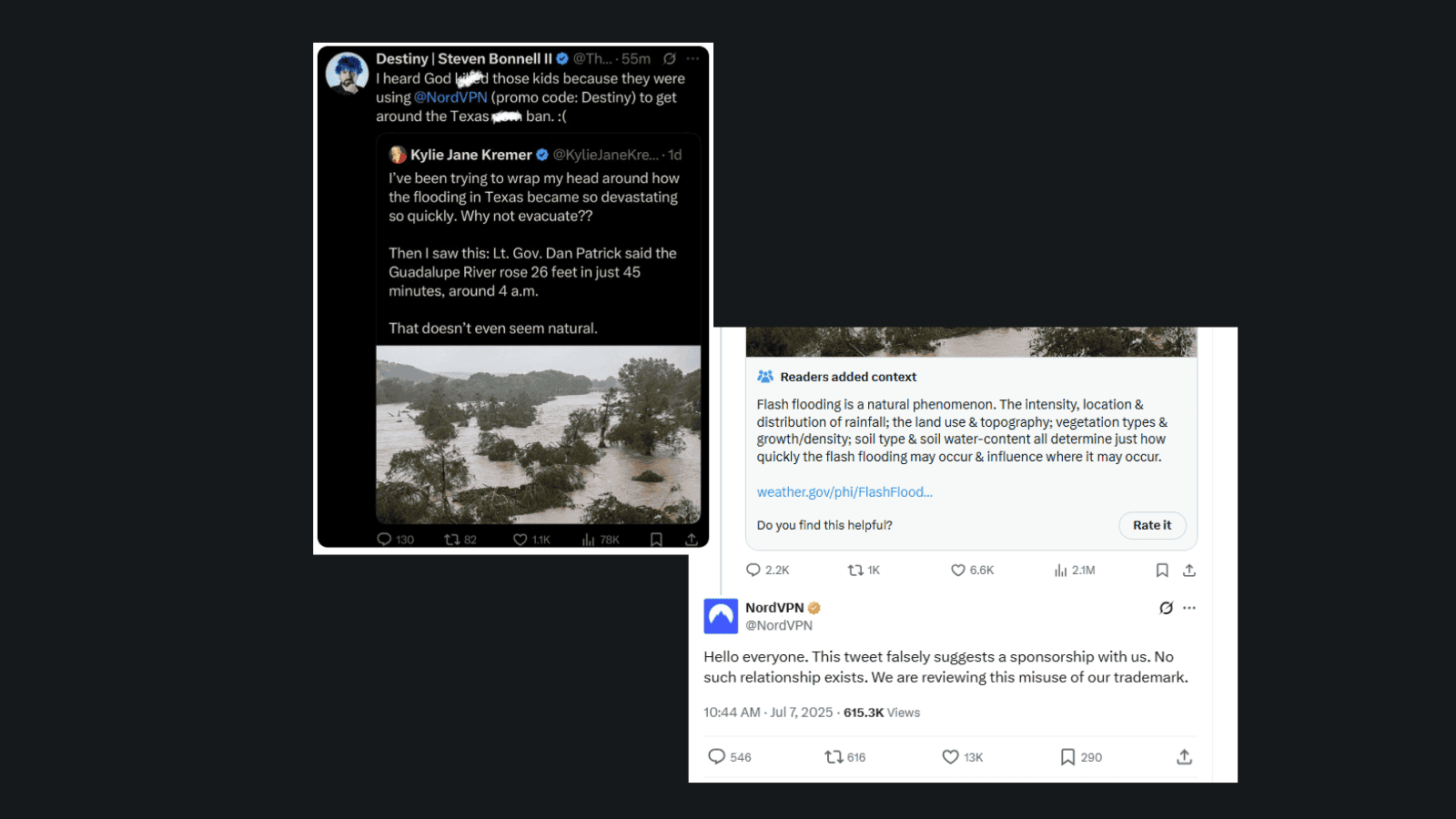
Increasing VPN Usage Rates Hurt Piracy By Cutting its Ad Revenues
- There’s a growing concern on large pirate websites that are losing ad revenues fast.
- Advertisers treat VPN and TOR traffic as garbage and pay nothing for it, but the trend of using these tools is high.
- Copyright holders should celebrate their oblique victory against piracy, as extensive domain blocking resulted in VPN adoption growth.
If you’re using VPN solutions to gain access to restricted piracy platforms or to stay protected against your possible detection, you are hurting the very platform you are trying to reach. All websites, but especially those that promote pirated content rely on ad revenues to stay afloat, as this is quite often their only source of financial support. However, the pile of restrictions that have been imposed on internet users and websites over the years have made the use of VPNs (Virtual Private Networks) an increasingly common phenomenon. As more and more people use VPN products to access the net, the problems that this practice causes to pirate sites magnify, and some report that they have already grown out of proportion.
According to TorrentFreak, they have recently been the receiving end of multiple pleads by major pirate site owners who say that the VPN usage percentage on their website visitors has gotten so large, they are having difficulty operating on their usual ad-revenue business model. Advertising networks treat VPN traffic as worthless because the users’ traffic is routed through servers that are located in countries that pay next to nothing in the context of any ad campaign. On top of that, in most cases, the users reach the sites with an anonymous geolocation identifier or one that’s set to “other”.
Advertisers pay per geocode, and like to run targeted campaigns that are meant to reach people in specific areas or countries in the world. Having the majority of users coming from Antigua and Barbuda or something like that obviously is helping neither the advertisers nor the pirating websites. So, website operators are called to carry an increasing amount of server load that isn’t bringing anything on their table. As long as advertisers keep on flagging VPNs, anonymous proxies, and TOR users, the situation seems to be stuck in a type of a deadlock.
While there are ways to still make profit out of anonymized traffic, the takeaway of this story is that the massive website and domain blocking that is carried out by ISPs on many countries around the world may finally start to show some indirect effect the pirating ecosystem. Surely, rightsholders didn’t plan this, but depriving pirate websites of ad revenues due to the increased use of VPNs that is the direct result of domain blocks is a devious way for them to achieve their goal.
Care to share your thoughts on the above? Feel free to do so in the comments section below, or on our socials, on Facebook and Twitter.










